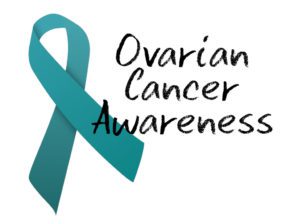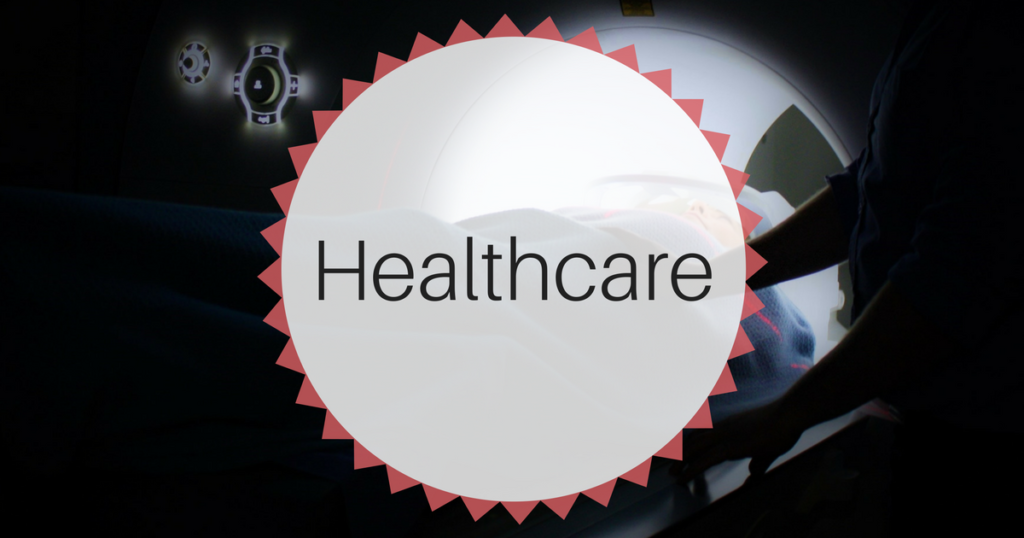
Did you know that September is Ovarian Cancer Awareness Month? I’ve written this post to shine a spotlight on this important topic of women’s health. But it’s also important to keep your overall and reproductive health a priority year-round. If you are overdue for your regular check-up, I hope that this article will inspire you to schedule an appointment with your physician today!
Statistics:
According to recent findings from the National Cancer Institute, ovarian cancer is the 8th most common cancer in women.
In fact, 1 in 75 women will be diagnosed with the disease in their lifetime. That’s why it’s more important than ever before to stay proactive about your health and schedule regular exams with your physician. These facts aren’t meant to scare anyone. However, I do hope that they raise greater awareness towards ovarian cancer.
For years, ovarian cancer was hard to detect, leading many to refer to it as the “silent killer.” (Not to be confused with this other “silent killer” you should also be aware of.) In recent years, awareness towards the disease has grown resulting in earlier detection and an improved prognosis. While there is no specific test to screen for ovarian cancer in all patients (see box below), being proactive about your health and reporting any unusual symptoms to your doctor greatly improves your chances of earlier detection. In fact, recent studies have shown that a percentage of women who were recently diagnosed experienced symptoms early on.
[box]A common misconception among patients about the pap smear is that it tests for ovarian cancer. A pap smear only tests for cervical cancer.[/box]

Symptoms:
According to the Ovarian Cancer Research Fund Alliance, you should make an appointment to see your gynecologist if any of the following symptoms are unusual for you and if you experience them more than 12 times in one month:
- Bloating
- Pelvic or Abdominal Pain
- Feeling Full Quickly
- Urgency or Increased Frequency to Urinate
Other symptoms that may occur include fatigue, indigestion, back pain, constipation, and an irregular menstrual cycle. It’s important to note that these symptoms are less helpful in diagnosing ovarian cancer because they are also reported among women who do not have cancer. During your visit, your doctor will consider these symptoms along with your family history to determine which tests you may need to rule out a more serious condition.
Prevention:
One of the most common ways to lower your risk of developing ovarian cancer is through oral contraceptives. Birth control comes with its own set of risks. However, women who were on some form of it for 5 or more years had a 50% less chance of developing ovarian cancer than women who were not taking birth control. Your physician can help you decide if an oral contraceptive is the best choice for you. In addition to oral contraceptives, regular exams are another key factor in preventing ovarian cancer.
As Ovarian Cancer Awareness Month comes to an end, I hope that I can leave you with one important message: take control of your health and stay vigilant if you notice any symptoms that may seem a bit “off” and contact your gynecologist to discuss your concerns.
For more information, please visit www.cancer.org or www.ocrfa.org












